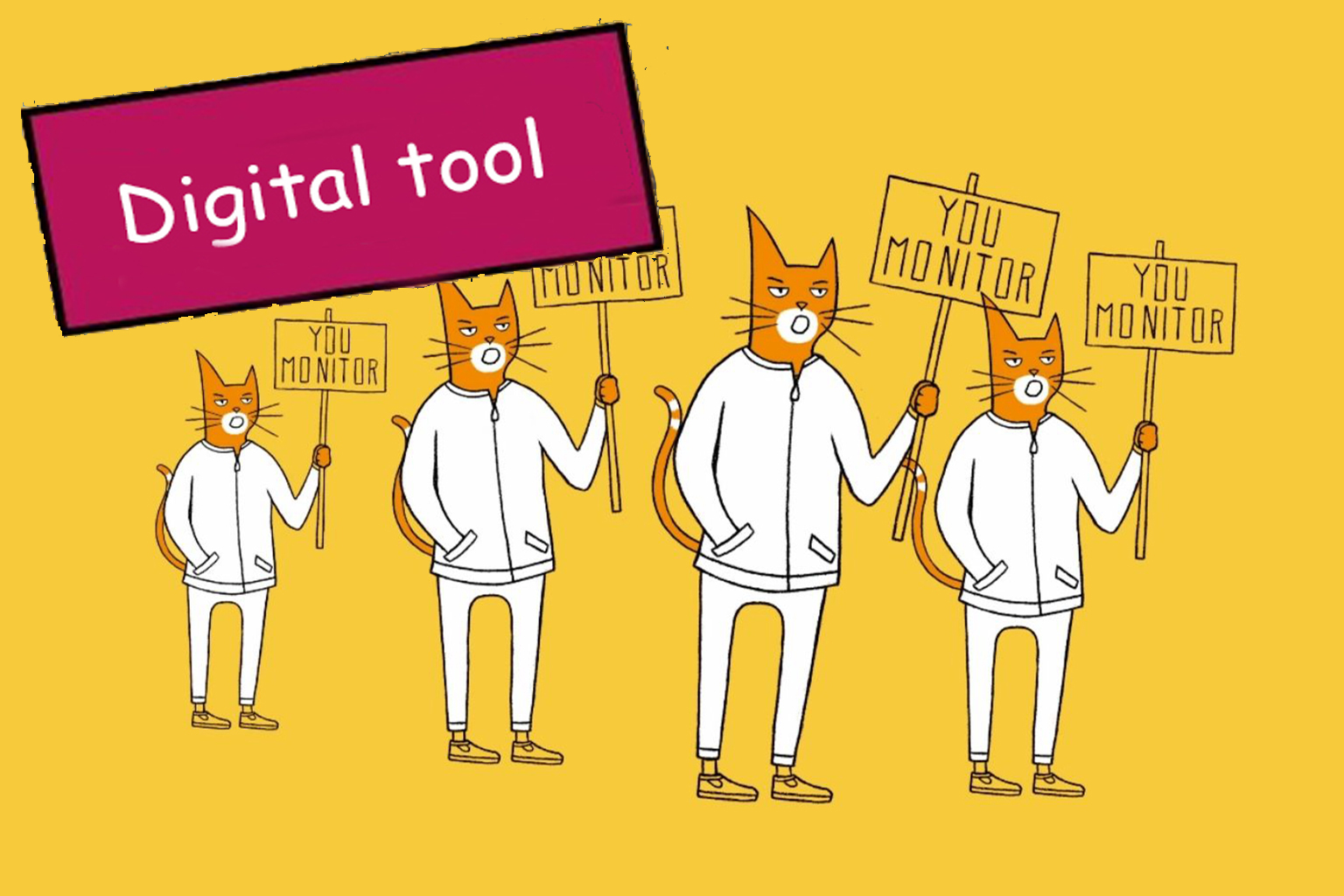Understand
To establish a fruitful dialogue with institutions, first of all, you should identify the right interlocutor, i.e. the person in charge of your question’s issue. It would be useless, if not counterproductive, for example, asking for a bank statement from your doctor instead of your bank official. The right interlocutor could be a public officer, but not only: at this stage, dialogue with institutions can also be considered a political process, which is why addressing a politician is acceptable. Your community and your counterparts have their own duties in a monitoring process: so, both sides need to take this seriously. You have to work and communicate the best you can, but they also need to provide serious and credible responses. Thus, your youth group should monitor the answer (or the lack of it) to ensure that it represents a ‘good answer’ to the ‘good question’. How can you identify a ‘good answer’? It is entirely consistent with the question (sometimes the Administration may have not understood the question correctly); it is not general or evasive (it may be too abstract or avoid the specific issues raised with the question); it is written in a bureaucratic language yet understandable (those who exaggerate with technicalities are not thinking about the accessibility of the answer); it comes in a reasonable time (law grants you precise deadlines, which an Administration has to respect). If it is effectively a ‘good response’ you should valorise it, also publicly. However, sometimes the Administration does not respond at all: in that case you should check again if you correctly formulated and addressed your request. If so, do not give up, but insist, demanding a more cooperative approach and, maybe, organising public debates about it trying to leverage political pressure to activate your counterpart.
Experience
Since at this stage your youth group enters concretely into direct communication with institutions or public authorities, it is wise to identify a balanced strategy. A monitoring action should not be spectacular, but it should ask concrete and achievable questions that can be monitored effectively. Do not create a petition uniquely based on abstract values. Use a collaborative rather than conflictive tone: public officers need to recognise the legitimacy of the monitoring action, but at the same time, your community should respect the delicate and complex work of managing public affairs. Finally, the action of both should be aimed at protecting and increasing the common good: answers are more likely to be obtained by working together than through conflict. The principle of good faith should apply until proven otherwise: only if it is found to be lacking, is it legitimate to proceed with a more proactive approach. It is possible to ask the Administration to identify a dedicated person or staff member who can respond to the demands, in order to facilitate the dialogue and achieve a better level of collaboration. If this is difficult to obtain, you can also seek help from ‘third parties’ who act as intermediaries and are independent from the community or the public administration.

